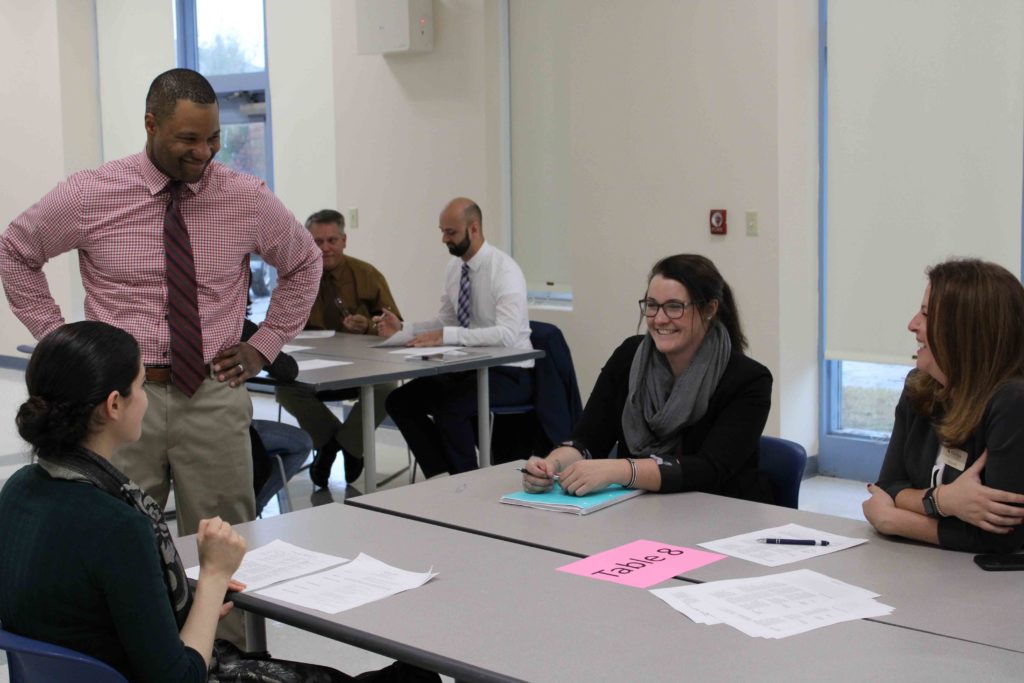Social Strategy
An innovative social app helps college students in Maine and around the country feel connected

Isn’t social media supposed to make it easier for people to make connections? Dustin Manocha found himself asking that question while researching ways to help college students feel more successful. Manocha found that students struggle to find and build relationships with their peers, and that the promise of social media hasn’t been delivered. Because college students are in a new setting, “What we see is about three-quarters of incoming students behave like introverts, even if they don’t self-identify as introverts,” he says. And since social media is often used to connect with people the user already knows, the chance of meeting someone new and forming a lasting relationship through popular platforms is minimal. In response to his findings, Manocha left his job at an analytics firm and created Nearpeer, an app that matches students based on commonalities to foster connections.
Since launching in 2017, Portland-based Nearpeer has helped students begin to engage and feel less isolated even before they make it to campus. Users create a profile and are matched based on common interests, hometown, major, graduation date, and life experiences, such as being a parent, veteran, or transfer student. Nearpeer connects fellow students who may not otherwise meet. For example, a commuter student and an on-campus student with different majors and schedules may be connected by a shared interest in photography or comic books.
In addition to mitigating a growing isolation problem, Nearpeer addresses an important issue faced by colleges and universities by reducing student melt. Melt refers to students who have committed to a college or university but never actually show up. After talking with students about their decisions to forgo enrollment, Manocha discovered that melt is often driven by financial pressure, but self-doubt about fitting in and being successful also plays a role. Student melt is an urgent problem for institutions of higher education. Lower birth rates in the Northeast, coupled with greater access to online education and certificate programs, mean that colleges and universities have to work harder than ever to enroll and retain students. Local institutions that have used the app include the University of Maine and Eastern Maine Community College (EMCC). EMCC president Lisa Larson says Nearpeer has helped the college’s students connect with each other before they get to the classroom, and has helped EMCC achieve a 19 percent reduction in student dropout rates.

